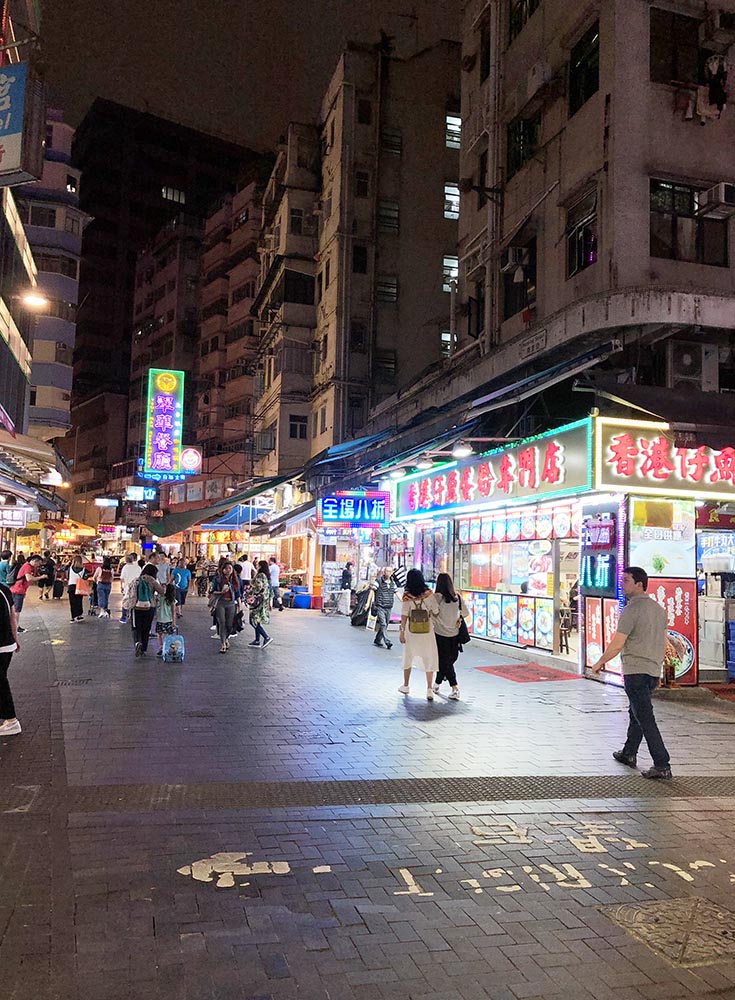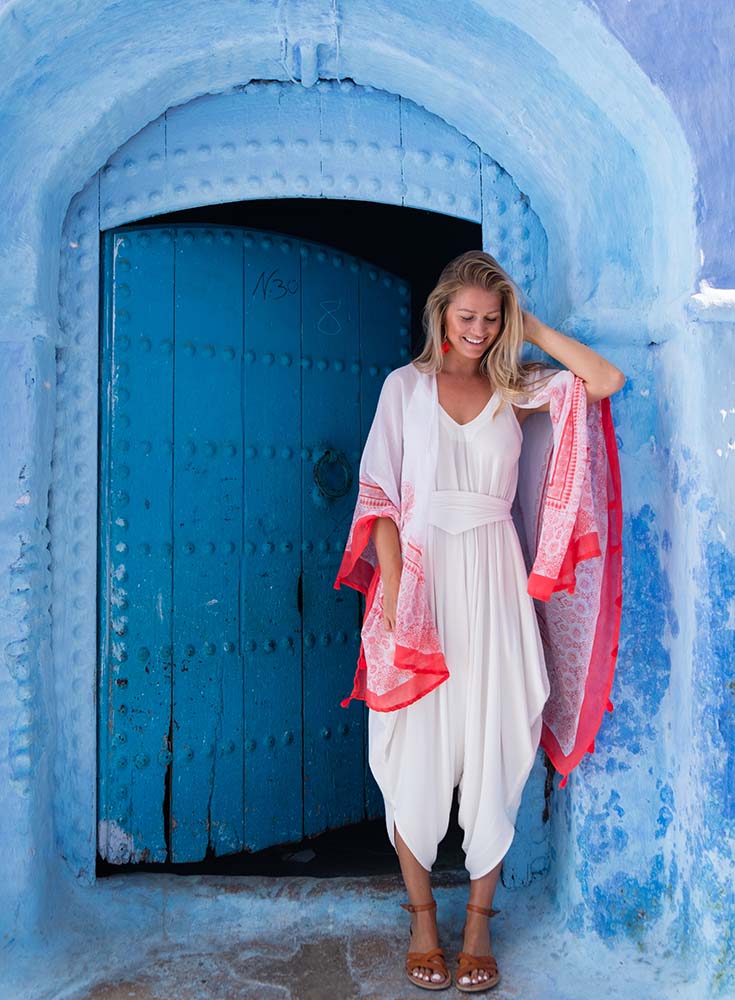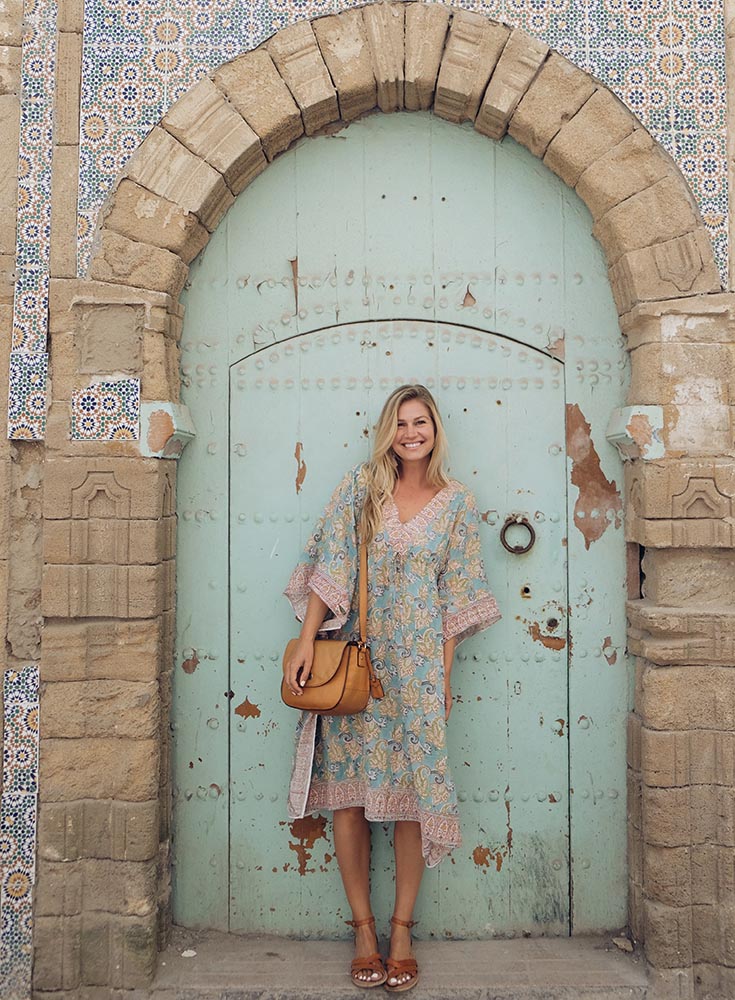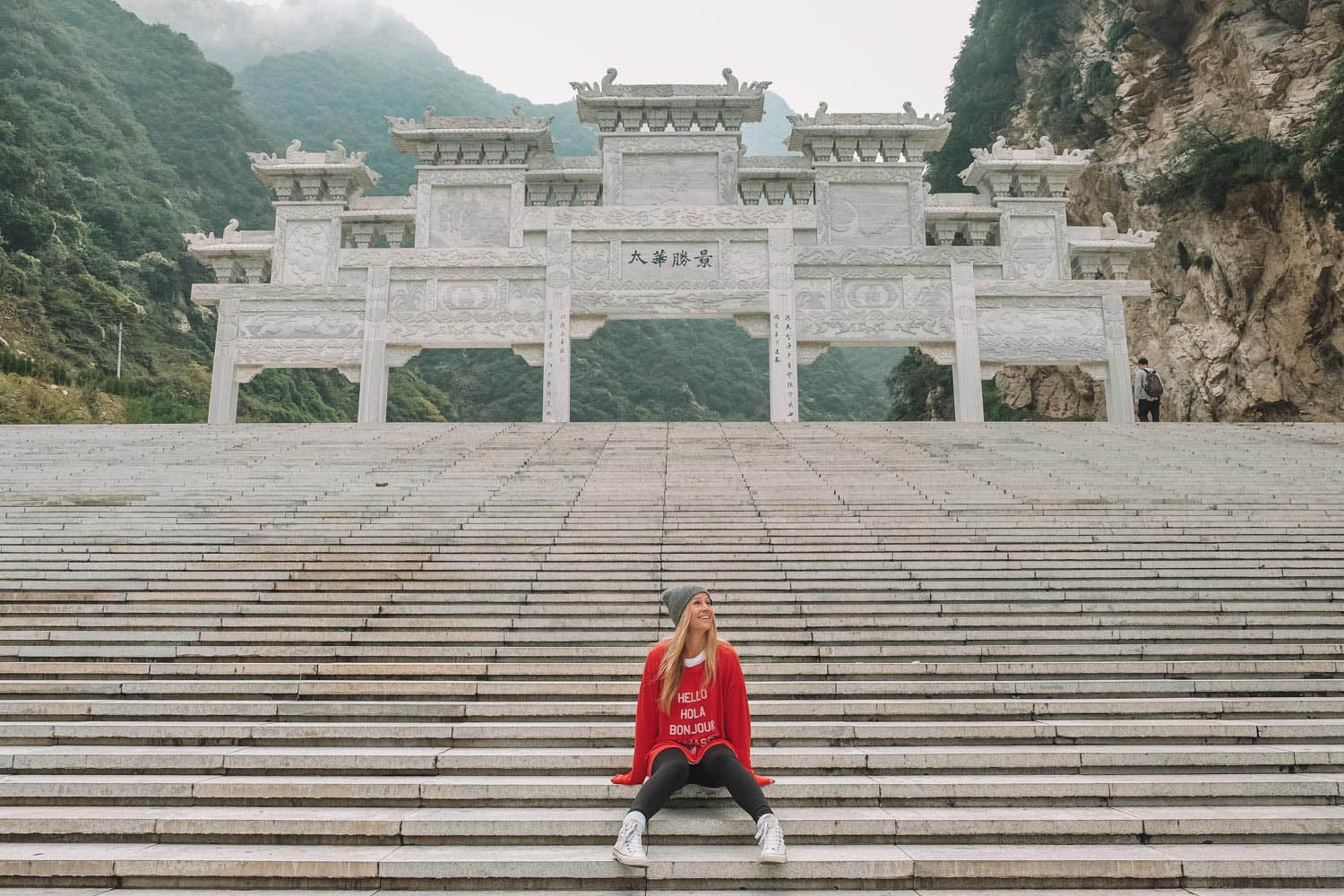As female travelers, it’s important to look at the complexities of safety and what it really means to be “safe.” We often talk about safe solo travel destinations—where the best places are to go (as a gal) and what places are ideal to explore alone.
But, things can get tricky once you are actually there.
It is critical to understand that safety is not the same as comfort. Just because a place is “safe,” doesn’t mean you won’t encounter different cultural norms that make you uncomfortable. It also doesn’t mean that crime doesn’t happen.
These ideas often get misconstrued and, while getting out of your comfort zone can be a really good thing, it can also be uncomfortable.
Too often, I hear people talk about letting their guard down because they’ve heard a destination is “safe,” and then they are frustrated when they realize that things can still go wrong…especially when they encounter cultural norms much different from their own.
The truth of the matter is you can be unsafe anywhere at any time.
But, this doesn’t mean you should stop traveling or avoid going solo as a woman. What it does mean is that we need to come together for an open and honest conversation about travel safety.

Marrakech, Morocco
What Does Safety Mean to You?
What does it mean to feel safe? Does it mean that you’re 100% comfortable in your environment? Does it mean you’re not getting cat-called or harassed? Does it mean you don’t feel like you have to be on alert? Does it mean the city or country has a low violent crime rate?
What is “safe” to you?
Safety can be defined in so many different ways and your own cultural “norms” are going to play a major role in that.
When you’re traveling somewhere new, it’s essential to be prepared to get outside of your comfort zone no matter how “safe” you’ve heard it is. The farther you are from home, the more likely you are to run into surprises.
Lingering looks or being approached on the street can definitely be unsettling while being talked to in a certain way might make you uncomfortable.
One thing to note is that when you’re traveling abroad, oftentimes, there are serious differences in cultural customs—and those have the potential to lead us to feel unsafe.
Identify what makes you feel unsafe so you can properly assess the threat level. Could it be culture shock or are you actually in a bad situation that you want to avoid?


“Safety” Giving a False Impression of a Destination
One of my main goals with The Blonde Abroad is to give everyone insight and access to my personal travels—helping you plan your trip ahead of time and giving you the tools necessary to aid you in your adventure.
Recently, I’ve been noticing some conversations online where individuals felt they got a false impression of a destination being “safe” (through social media) because they experienced catcalling and harassment by local men.
Again, this brings to the conversation of “what is safe” and “what is uncomfortable.”
The big takeaway is that you are never guaranteed the same experience as someone else. What feels “safe” to me, might feel a bit dodgy to you. We have to take accountability for our own safety and experiences.
So, it’s important to seek advice from trusted resources and to also always stay vigilant, regardless of how “safe” you hear a destination is.

I Got Robbed in the “Safest Country on Earth.”
I wanted to share a story about how I gained my personal perspective on travel safety.
Iceland is ranked as “the safest country in the world” by the Global Peace Index. With political stability and a relatively low crime rate, it’s an ideal solo travel destination for all types of travelers.
Because Iceland feels so safe, my mindset was very laid back and I got lazy with taking notice of my surroundings.
We were camping and I went in to use the public showers. Believing and feeling how safe it was, I, unfortunately, left my valuables (phone and camera) on top of my towel just outside the shower stall.
Guess what? Easy target.
It could have been a hardened criminal preying on tourists. Or, it could’ve been a teenager who was taking advantage of an easy situation. While it obviously sucks, I would still consider Iceland an amazing and safe destination to travel to. However, it’s the only time I’ve ever been the “victim” of a crime in all of my travels.
The fact is, crime happens everywhere in the world and you become an easier target…if you make it easy.
To reverse the example, I’ve been living in South Africa for nearly 3 years.
I’ve never had so many people shocked and bothered that I was living in such an “unsafe” destination. And, I get it. To give perspective, Iceland is ranked 1/163 on the GPI while South Africa is ranked 126/163.
Almost at the bottom.
Pretty much every one of my friends from here has experienced some form of petty crime in their lifetimes. I’ve learned through my travels that where there is desperation, people will do desperate things. And there is a lot of poverty in the country.
Knowing that, my body language, my mindset, and my overall vigilance are 110% different to when I travel to places like Iceland.
I lock my car doors as soon as I get in. I check my Uber driver’s license plate number before getting in. I don’t walk alone at night. I keep my purse on my lap when I dine out. I read my surroundings and people’s energy and steer clear of anything that seems off.
For me, these are not experience-altering measures. Just a normal way of operating here.
I still think South Africa is “safe” to explore, you just should stay alert. Check out this article on safety in South Africa from a local’s perspective!
Based on my own experiences, I would argue that we should have the same heightened awareness no matter where we are traveling and no matter how palpable the “safety” is—especially when traveling solo.


Dressing for the Environment + Culture
Dressing in a culturally appropriate way is both respectful and a key element of avoiding unwanted attention.
When I traveled to Morocco with a girlfriend, I found the catcalling and unwanted attention quite overwhelming. But, dressing very conservatively and wearing a scarf over my hair helped to divert some of those lingering eyes. While changing the way I dressed didn’t, and won’t, completely negate that attention, it will help you to blend in more.
I’ve shared before on what to pack for a trip to a conservative country, but it’s always a good reminder to take a look at!
Dressing to blend in goes a long way. Like it or not, many conservative countries have not-so-great stereotypes about Western women, and showing skin—even when it’s scorching hot—won’t do you any favors.

Shaanxi, China
Differences in Cultural Norms
When someone is making you uncomfortable, it is crucial to keep in mind that it doesn’t always come from a place of malice.
During my first trip to China, I traveled to a more remote area of the country and was in total shock at how many people wanted to take my picture. It can make you feel uneasy to be constantly stared at, but some people there had never seen a person who is not of Chinese ancestry, so I might have seemed “unusual and different.”
Similarly, as a solo female in Morocco, I felt like I was constantly being pestered…but at the same time, I never felt physically unsafe.
No matter what, I always mentally prepare myself before traveling to Middle Eastern/Islamic countries; I think that Western women might feel a bit intimidated before traveling to these places (based on media and the representation of this part of the world). I personally have had such lovely experiences with locals.
But, there are key cultural differences and I know that as a woman in these countries, I might not be treated with the same regard and respect that I would expect back home.
Women and men share different roles in different parts of the world—that can be as simple as a man refusing to speak directly to you and have to talk with you through another man, and while that’s a matter of a cultural difference it might feel disrespectful to you.
As a Western woman, that is frustrating to me, but I have to realize it’s a cultural difference and not a matter of safety.
So while women might not be viewed as second-class citizens, it may feel like that for others that are used to a different culture. It really comes down to men and women play very different roles.
If you know what to expect before you go, it’s not so scary and you can better gauge what is alarming versus normal behavior. You can also get destination-specific advice on how to manage and mitigate these situations.


